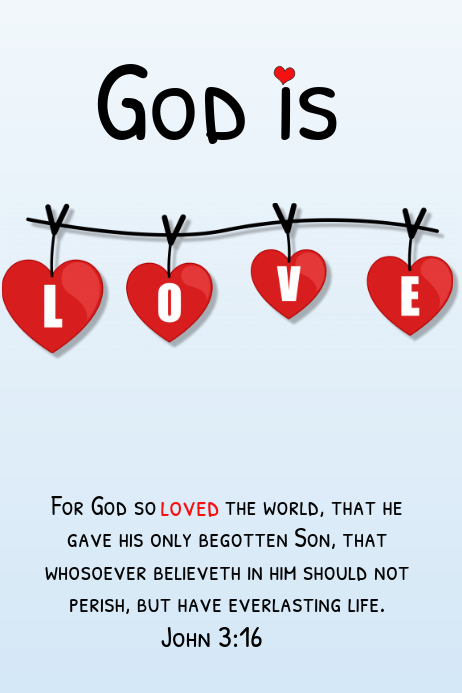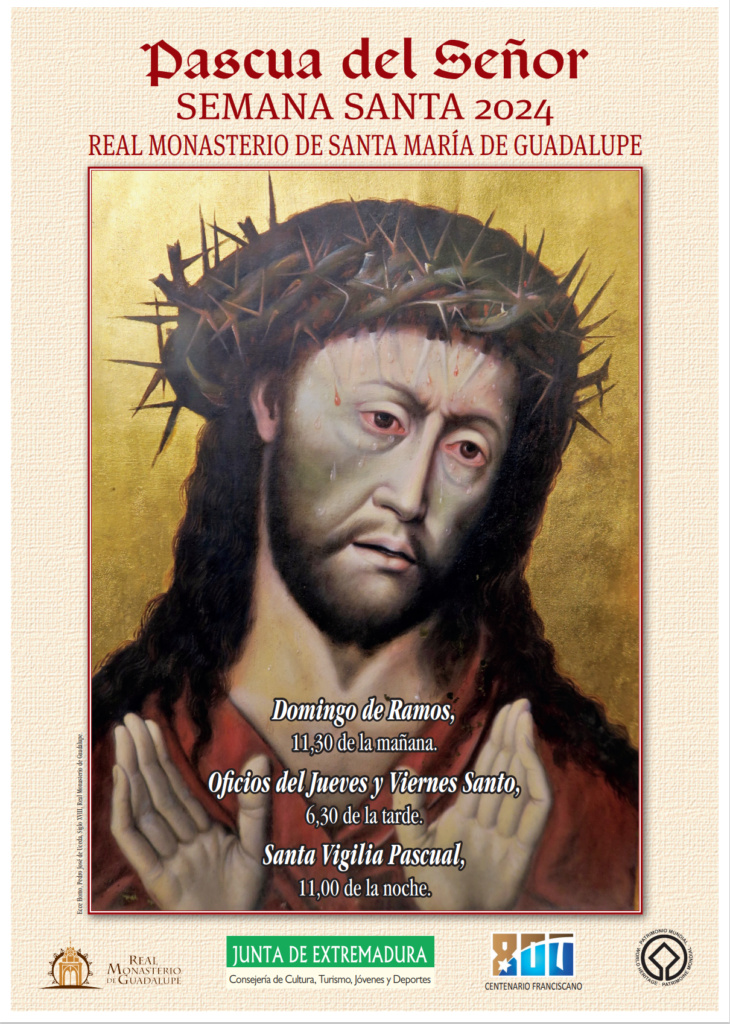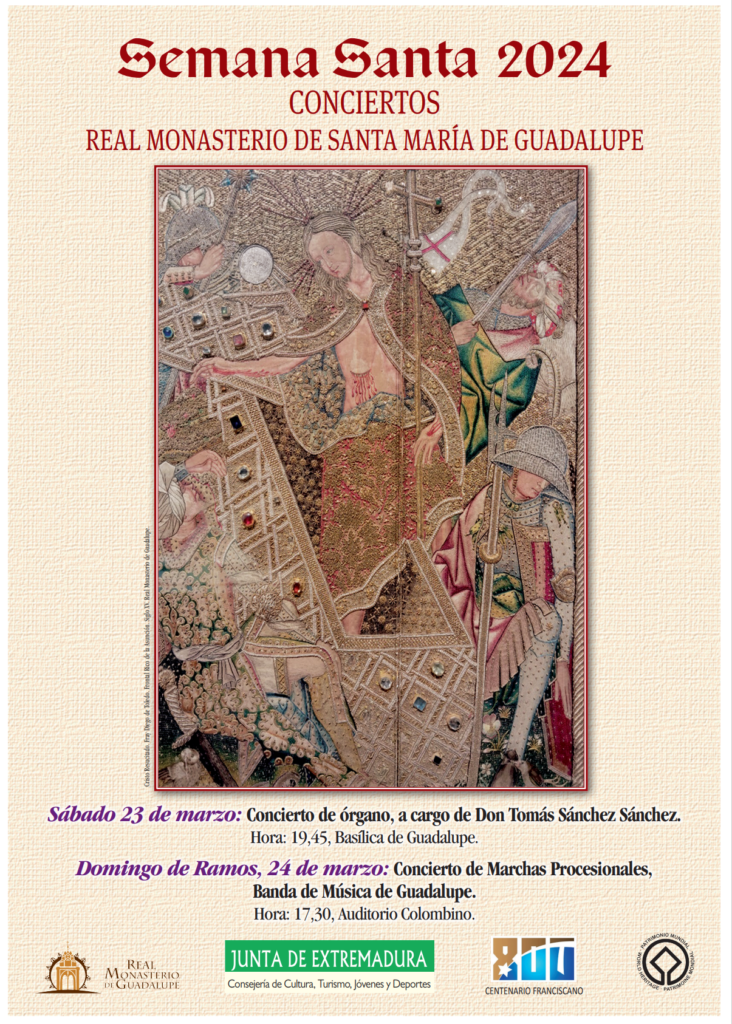
Wednesday II of Easter
Saint John 3,16-21
In the dialogue with Nicodemus, Jesus goes even deeper into the revelation of his own mystery. Here it must already be the same evangelist John who introduces his theological commentary to what could historically be the dialogue itself.
Today, Faith in Christ presents it in two very clear aspects.
On God’s part, today’s passage clearly tells us that everything is the initiative of love: «God so loved the world that he gave his only Son. “God has historically demonstrated his love. He wants the eternal life of all: that is why he has sent the Son. God loves. He loves everyone. To the whole world. God’s own thing is not to condemn, but to save. As was continually seen in the life of Jesus: he came to save and forgive. He welcomed sinners. He forgave the adulteress. The lost sheep received the best care from the Good Shepherd, always giving it a margin of confidence, so that it could be saved.
But on our part, there is the dramatic possibility of accepting or not that love of God. A tremendous freedom. Whoever decides to believe in Jesus accepts in himself the life of God. He who does not condemn himself, because he rejects that life. Juan explains it with the simile of light and darkness. There are people – like many of the Jews – who prefer not to be illuminated by the light, because their works are in evidence.
Christ has died for all. It is the proof of the love that the Triune God has for each and every one of us. I, each one of us, am loved by God. I have been saved by Jesus when two thousand years ago he gave himself up to death and was raised to new life. I can distrust many people and myself. But the Easter we are celebrating reminds me: God has loved me so much that he gave his Son for me. So that by believing in him and following him, he will save me and have eternal life.
Only if I do not want salvation or love or light, will I be excluded from life: but I will be the one who does not want to enter the new existence that God is offering me. The annual Easter that we are celebrating, and the Eucharist in which we participate, should increase our faith in Christ Jesus, our union with him: «whoever eats me abides in me and I in him.» And this would give strength and encouragement to our daily Christian life.
Fr Antony Majeesh George Kallely, OFM











